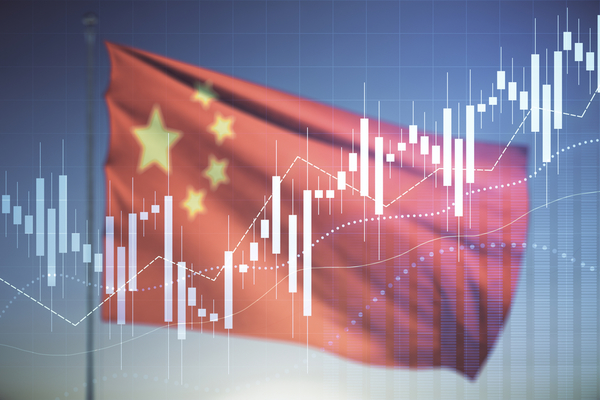It’s been a tough time for China tech stocks. Stringent COVID lockdowns and a property market crash have hit the world’s second-largest economy – and sector – hard.
After President Xi Jinping consolidated power with a third term and packed the Politburo standing committee with loyalists, Chinese tech stocks took a nosedive on Monday. Tech giants Alibaba and Tencent closed down more than 11%. Meanwhile, search company Baidu dropped by 12% lower, and food delivery firm Meituan fell by more than 14%.
As a tumultuous and volatile year creeps to a close, it’s once again time to consider tax loss harvesting those problematic China tech stocks. Tax loss harvesting involves selling an investment at a loss, then reinvesting the proceeds of that sale into another asset.
“With China Internet names having been crushed of late, the tax loss harvesting move seems more relevant than ever,” said Akeem Bailey, director of research at EMQQ Global. “While we’re equally bullish on the upside potential for this theme, we wanted to highlight two alternatives to consider for loss harvesting with the same growth story.”
The two alternatives Bailey is referencing are the Emerging Markets Internet & Ecommerce ETF (EMQQ ) and the Next Frontier Internet & Ecommerce ETF (FMQQ ).
By focusing on the internet and e-commerce in emerging markets, EMQQ looks to capture the growth and innovation happening in some of the largest and fastest-growing populations in the world. More than 60% of EMQQ’s assets are weighted toward China.
FMQQ, meanwhile, seeks to provide investment results that, before fees and expenses, generally correspond to the price and yield performance of the Next Frontier Internet and Ecommerce Index (FMQQetf.com). While it has the same investment philosophy as EMQQ, FMQQ has no China-based holdings. Securities must meet a minimum of a $300 million market cap and pass a liquidity screen that requires a $1 million average daily turnover.
“No matter what your opinion is politically on China, these Internet names are sitting on extremely suppressed valuations,” Bailey added. “EMQQ is down roughly 70% from its peak in February 2021 with many in the Index selling below their IPO prices. We believe this is presently very rich contrarian hunting grounds.”
For more news, information, and strategy, visit our Emerging Markets Channel.

